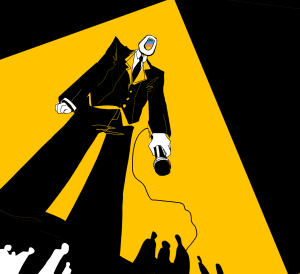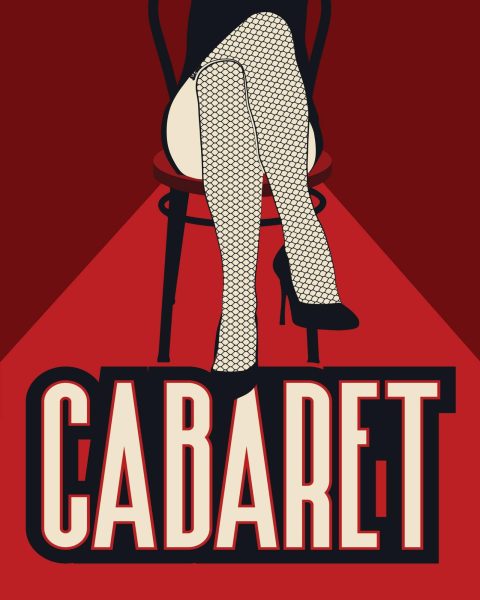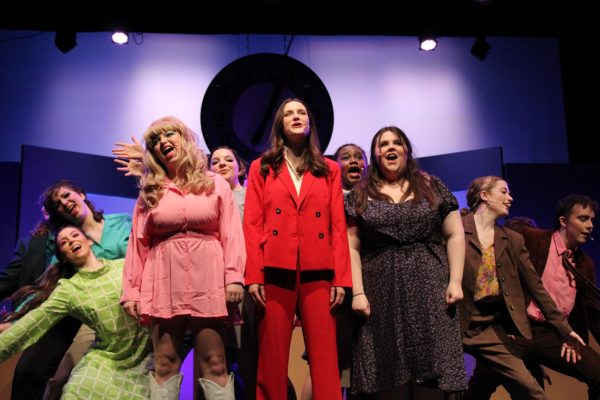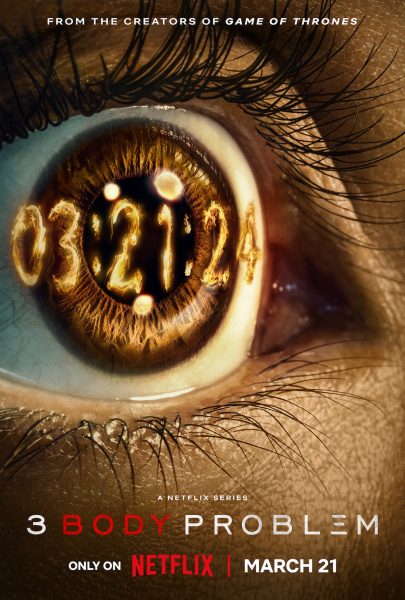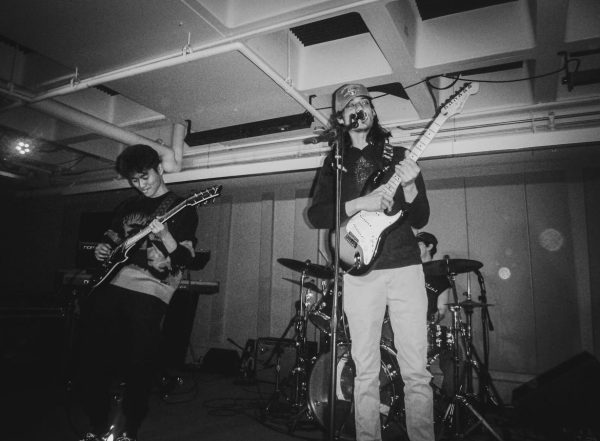Challenging post-colonialist complacency: a colloquium on dub poetry
September 20, 2019
We’re seeing it everywhere: an emphasis on diversity in media. Whether it be TV shows, movies or books, there’s a big push to focus on people outside of cis, straight white men. But how can you show diversity in poetry? Although one may think that there’s no room for a range of identities inside a single poem, Janet Neigh’s colloquium on dub poetry eloquently explains how a poem can be more than a statement of personal politics, but a political movement in and of itself.
Dub is a niche genre of poetry, concentrated and created in Jamaica in the 1970s as a direct response to the beginning of the post-colonial era. At the time, African-Carribean people had no unified culture, and the effects of colorism and racism still gripped the country.
Dub poetry attempted to create that unified culture while also pointing out the daily injustices that black people faced. Neigh referred to it as the voices of the silenced by the silenced, not misery born by their oppressors.
It was a time of great social upheaval, and this style of poetry became a way of expressing frustrations. In fact, Neigh herself noted that the Jamaican poet Kai Miller believed dub to have died in the ’70s as well, saying that it was inherently tied to the radical socialist movement in Jamaica at the time.
With an incredibly lyrical sound, there’s no surprise it’s called “dub” poetry. It came from people dubbing improvised lyrics over reggae music, and sounds like a mixture of slam poetry, a song and a call to action.
Because of the importance of the sound to the meaning of the poem, Neigh mentioned that certain people say that you cannot grasp the essence of it unless you hear an audio recording of it, or even saw it read out loud in person.
To combat this, printed dub poetry relies heavily on unconventional spellings to convey lyrical sounds. For example, the poetry anthology from which Neigh drew her examples was named “Mi C-YaaN beLieVe iT” (created by poet Michael Smith) after a poem within it. Rather than being in book form, it was a vinyl album of poetry read aloud.
“Mi C-YaaN beLieVe iT” is, as Neigh put it, a call to “not become numb and complacent to the injustices around you.” The poem itself forces the reader or listener to hear uncomfortable stories of the treatment of black people in Jamaica as Smith himself saw.
The excerpt that Neigh showed during the colloquium told the story of a light-skinned woman making a black man clean up dog poop while calling him “boy.” This poetry means to challenge both the ignorance, willful or otherwise, of those in power, and the complacency of the oppressed who don’t fight back.
In such a STEM-heavy campus like Case Western Reserve University, a lot of people could ask: why should I go to an hour-long lecture on something I know nothing about?
Janet Neigh answers that question in her colloquium. Writing and poetry never express something meaningless. They challenge you to look into yourself and at the world around you, forcing you to think about people other than yourself. So next time, expand your horizons.










